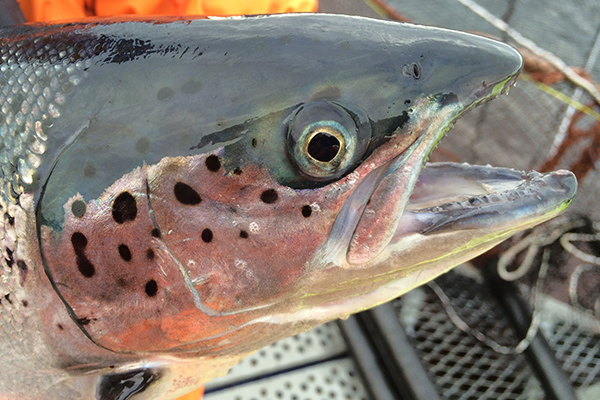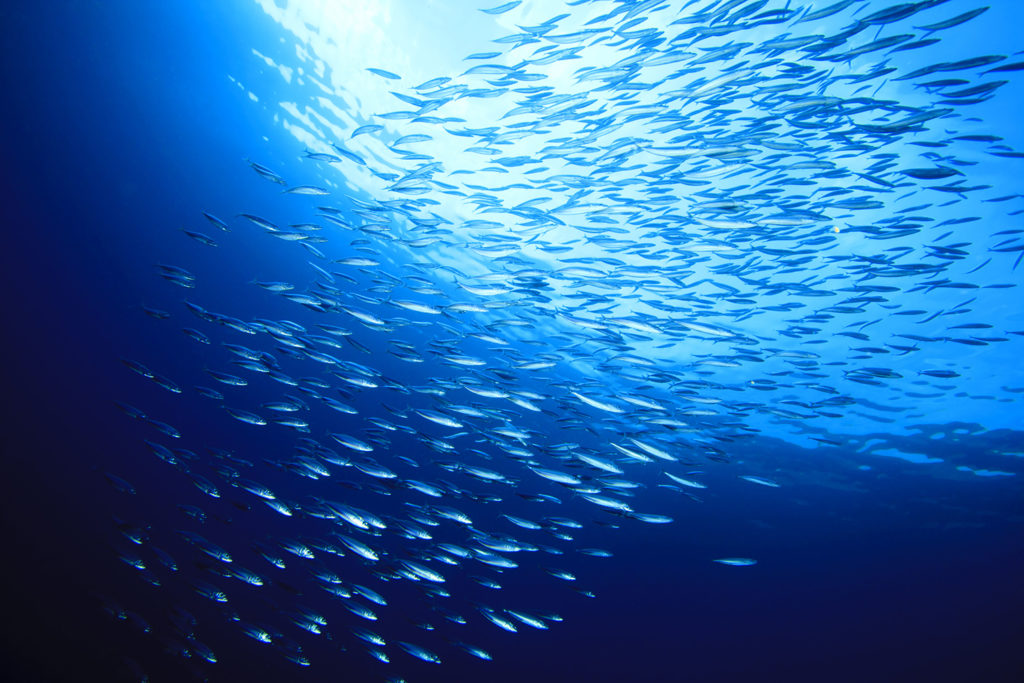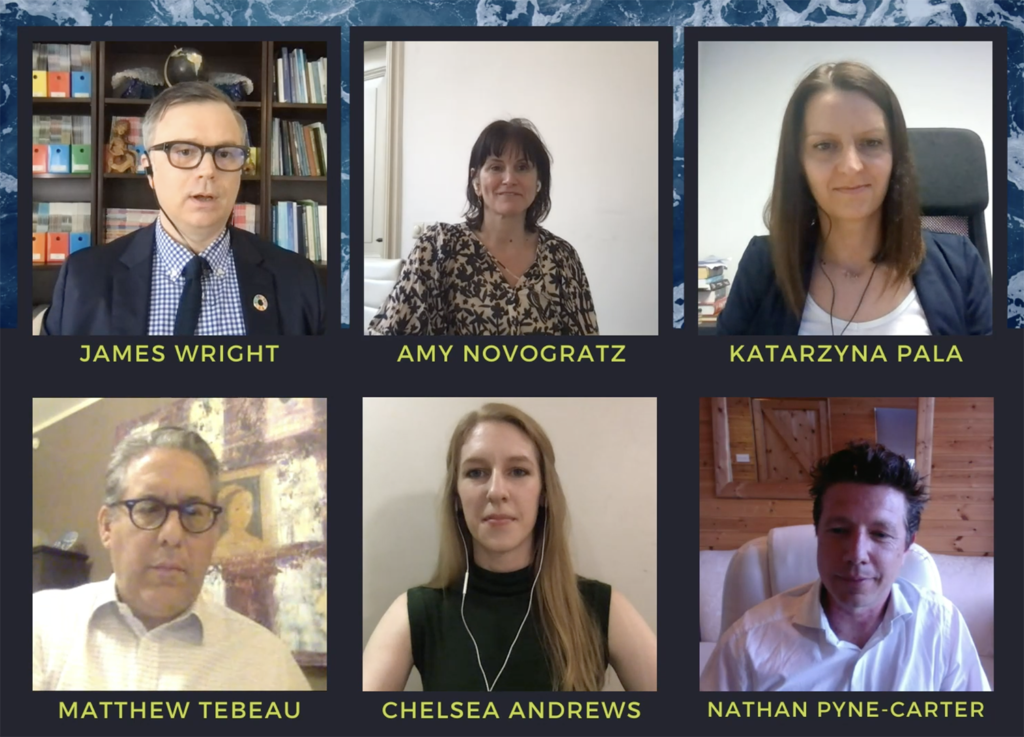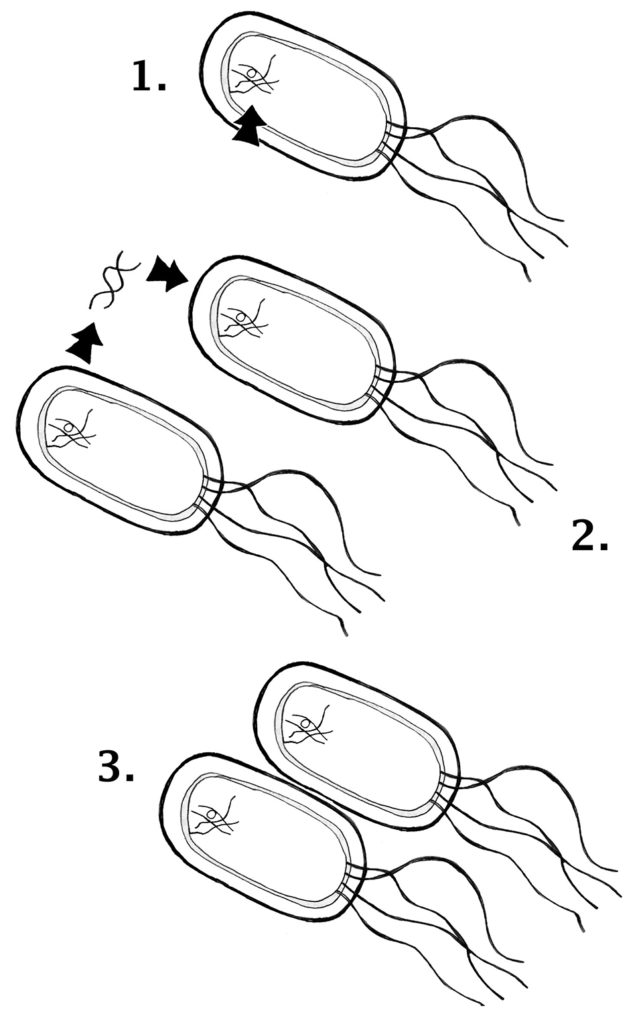U.S. industry association leader: There is a war being waged against science

Stirred by excerpts printed in Time magazine and Canada’s The Globe and Mail newspaper, aquaculture industry leaders are refuting the conclusions made in a new book, “Salmon Wars, The Dark Underbelly of our Favorite Fish.”
Published by Macmillan and written by the Canadian husband-and-wife team of Douglas Frantz and Catherine Collins – both former journalists for the New York Times and Los Angeles Times – “Salmon Wars” concludes that “we are told [farmed] salmon is healthy and environmentally friendly. The reality is disturbingly different.”
The authors pin the blame for declining wild salmon populations on salmon aquaculture, which they depict as “floating feedlots” that are “jammed” with up to one million fish each and that their feed is “laced with pesticides and antibiotics to fight the twin plagues of parasites and viruses.”
After Time magazine published an article from the authors to publicize the book, Sebastian Belle, president of the National Aquaculture Association, wrote a letter to the magazine’s editor, Edward Felsenthal, that said nutrition, health and ecology professionals alike would disagree with the authors’ findings.
“Registered professional biologists and marine ecologists ensure salmon farms exceed the strict regulations and third-party certifications that are in place to protect the environment around a farm. Licensed veterinarians care for salmon daily,” Belle wrote. “There is a war being waged against science by activists that would prefer decisions be based on politics, anecdotes and shameless misrepresentations and the authors deliver on this approach by basing their arguments on false factoids pulled from the news or discredited old studies in place of real facts.”
Belle pointed out that salmon on U.S. farms are raised with little to no antibiotics, and that any such substances are administered under the watch of veterinarians. He also noted that a typical net pen is 96 percent water and 4 percent fish.
“Farmers have a stewardship responsibility to care for the animals they raise. Farm-raised salmon receive the least medicines out of all the most popular animal proteins we buy at the grocery store,” said Belle.
The National Fisheries Institute, a U.S. seafood industry lobbying organization, said the Time article “appears to have attracted little or no editorial oversight as it was rife with inaccuracies masquerading as opinion” and added it was not the first time the magazine has “botched reporting” on seafood.
A regional organization, the Northwest Aquaculture Alliance (NWAA), released a response to the book without naming it specifically.
“We believe it does a disservice to the public to publish what is essentially a rehash of old, largely disproven claims,” said the group, which has producer members in Washington, Idaho, Oregon, Alaska and Hawaii. “Our members welcome the regulatory oversight of these agencies and strive to be transparent and open with respect to aquaculture practices in Washington. Our NWAA member companies depend on a healthy environment to farm and are committed to supporting the environment.”
There is a war being waged against science by activists that would prefer decisions be based on politics, anecdotes and shameless misrepresentations.
A collection of menhaden fishing businesses is also joining the chorus of the book’s detractors for what it says are false claims about overfishing in the Gulf of Mexico north to the Chesapeake Bay. The Menhaden Fisheries Coalition also says the authors misinform readers by including an “oft-repeated” and false claim that menhaden minimize algal blooms and thus improve the overall water quality in the Bay.
“A simple cursory review of the [Atlantic States Marine Fisheries Commission] assessment clearly illustrates that the Atlantic menhaden population has not been overfished in several decades,” the coalition stated.
Saving Seafood, a media and public relations outfit that serves as an industry watchdog of sorts, released a lengthy fact-versus-fiction takedown of the book, saying it had “numerous falsehoods and misrepresentations.”
Conversely, the New York Times Book Review called the book an “expertly reported investigation” that documents how “industrialization endangers the keystone species, puts consumer health at risk and threatens the environment.”
“Salmon Wars” is also being praised by environmental activists like Yves Chouinard, the founder of the Patagonia brand of outdoor apparel, conservation group Atlantic Salmon Federation and Marion Nestle, professor of nutrition, food studies and public health, emerita, at New York University and author of What to Eat.
“Salmon Wars is a deep dive into the damage caused by current fish-farming methods to ocean environments, wild fish and their habitats, and the farmed fish themselves,” said Nestle on a back-cover testimonial. “It is also an account of the dismal failure of governments to stop such practices. Salmon farming needs reform. Until it gets it, read this book, and you will never eat farmed salmon again.”
Follow the Advocate on Twitter @GSA_Advocate
Now that you've reached the end of the article ...
… please consider supporting GSA’s mission to advance responsible seafood practices through education, advocacy and third-party assurances. The Advocate aims to document the evolution of responsible seafood practices and share the expansive knowledge of our vast network of contributors.
By becoming a Global Seafood Alliance member, you’re ensuring that all of the pre-competitive work we do through member benefits, resources and events can continue. Individual membership costs just $50 a year.
Not a GSA member? Join us.
Author
-

James Wright
James Wright
Editorial Manager
Global Seafood Alliance
Portsmouth, NH, USA[103,114,111,46,100,111,111,102,97,101,115,108,97,98,111,108,103,64,116,104,103,105,114,119,46,115,101,109,97,106]
Tagged With
Related Posts

Intelligence
Seaspiracy film assails fishing and aquaculture sectors that seem ready for a good fight
Seaspiracy, a new Netflix documentary-style film, depicts the fishing and aquaculture in an ugly fashion but the industry response is swift.

Innovation & Investment
Entrepreneur Tony Fadell joins GOAL 2021 to talk technology and aquaculture
Former Apple and Google developer Tony Fadell told GOAL attendees that new technologies must smooth the pathway to the marketplace.

Innovation & Investment
Aquaculture Exchange: George S. Lockwood
With his book, “Aquaculture: Will it Rise to Its Potential to Feed the World?” hot off the presses, the pioneer abalone farmer vents on U.S. aquaculture regulations but remains deeply optimistic about fish farming.

Health & Welfare
Concerns over antibiotics, chemicals in aquaculture
When an antibiotic is administered, the usual effective dose may be insufficient to control an infection if the invasive microorganism has developed resistance.


